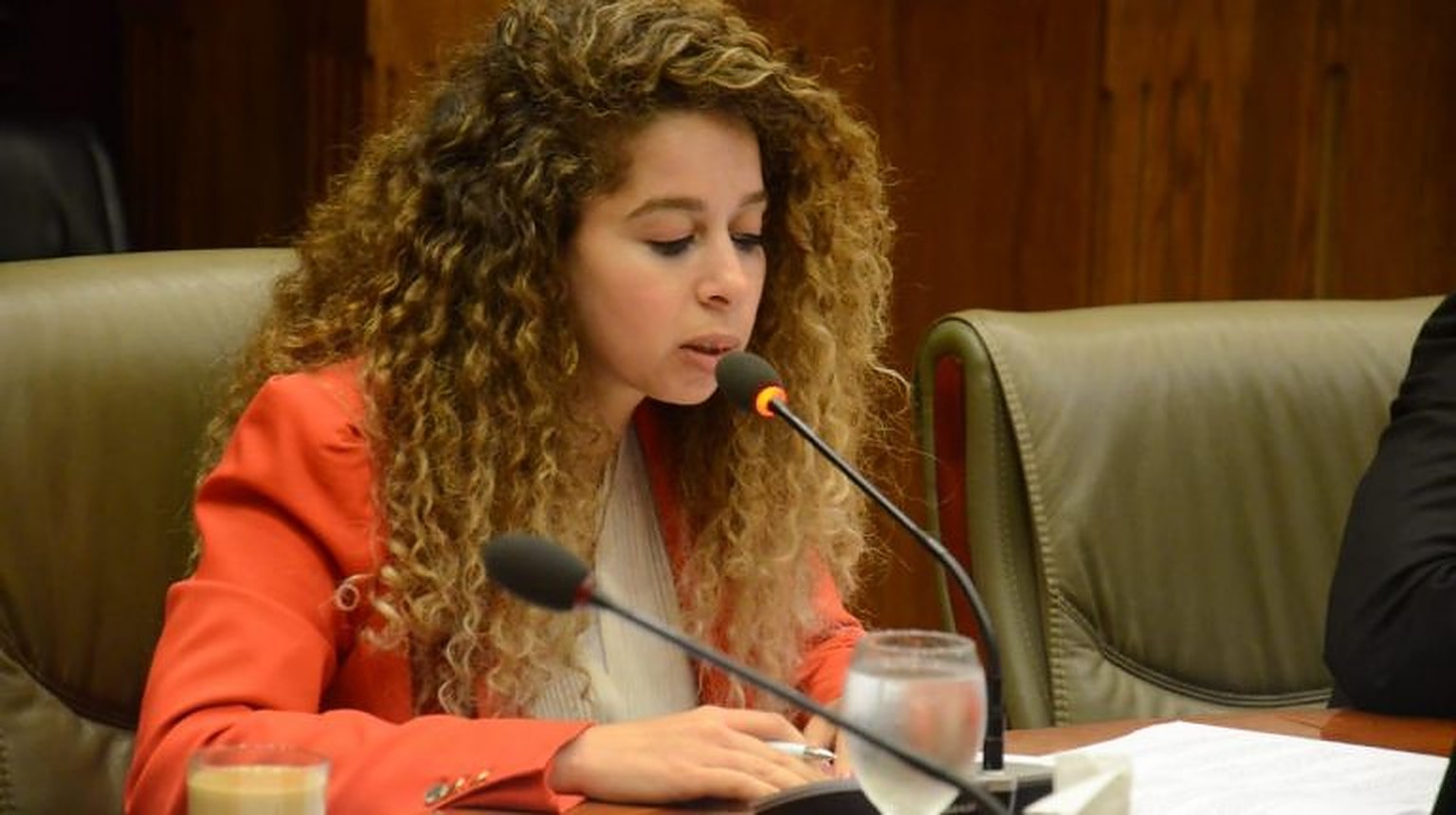Egyptian Member of Parliament Caroline Maher presented a draft amendment to the Penal Code No. 58 of 1937 to ensure that the penalty is increased for all crimes that constitute violation, transgression or use of violence against all animal species.
In a statement, Maher noted that “all religions have recognized the necessity of preserving the lives of all creatures, and imposed moral codes prohibiting all forms of animal abuse, yet with the current legislative gaps, the phenomenon of animal abuse has become a habit practiced by some citizens without legal deterrence.”
“One of the manifestations of this pervasive phenomenon is the poisoning of dogs and cats in the streets, and photographing of brutal scenes killing those animals and publishing these videos on social media, without restriction or consideration of the spread of the phenomenon of violence” she added.
Maher remarked that the current articles do not include stricter punishment or fines, and that amendments must be made in order to impose penalties proportional to the crime committed.
The amendments in the draft law add five new paragraphs to Article (357): to criminalize conducting scientific experiments on animals without obtaining a license from the competent authorities, organizing competitions and wrestling between animals to achieve material return without regard for any moral value, and the filming and circulation of videos showing violence against animals.
The Egyptian Penal Code penalizes animal abuse, as Article 355 states: “Shall be punished with penal servitude: First: Whoever deliberately and unjustifiably kills a beast of the riding, drawing or carrying animals, or any kind of cattle or causes enormous harm to it. Second: Whoever poisons a beast of the animals mentioned in the previous clause, or fish that exists in a river, canal, puddle, swamp or basin. Felons may be placed on parole by police for a period of at least one year and at most two years. Any attempts of the foregoing crimes shall be punished with detention with penal servitude for a period not exceeding one year or a fine not exceeding 200 pounds [$11].”
The Penal Code was amended with the addition of Article 357 in 1982, which criminalized killing or harming domesticated animals that were not mentioned. However, it did not specifically mention harming or killing of stray animals.
In 2014, the humane treatment of animals was mentioned for the first time in Egypt’s constitution in Article 45: the state commits to “the protection of plants, livestock and fisheries; the protection of endangered species; and the prevention of cruelty to animals.”
In late 2017, the Egyptian Veterinarians Syndicate announced that it was drafting provisions to create Egypt’s first “animal welfare law”, which prohibited murdering stray animals except in life threatening situations, and also places conditions for transporting animals humanely and provisions regulating animals’ exploitation in accordance with their health situation.







Comments (7)
[…] كما قدمت كارولين ماهر، عضوة في البرلمان المصري، تعديلات تشريعية لتجريم جميع أشكال الإساءة للحيوانات العام […]
[…] to Egyptian Streets, Maher said that “all religions have recognized the necessity of preserving the lives of all […]